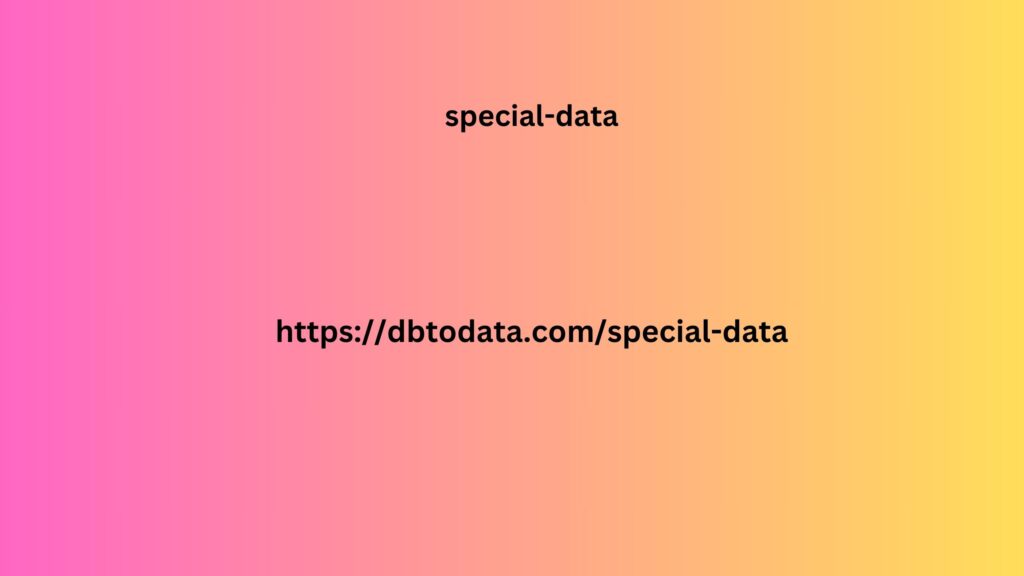and other search engines for years. They have allowed companies to track user behaviour online such as website visitors and change user experience and ad preferences in order to target the correct audiences. However, in the next year this is all about to change, which marks a shift in the way that brands and marketers are able to track the right data.
As a brief definition, cookies are
harmless files a website can put on your computer to collect information. A third-party cookie means that these cookies are set by a website bc data hong kong other than the one you might be browsing on and therefore the information collected is also sent to them. The Google Analytics service is an example of a third-party cookie, which is used by website owners on around 56% of all websites on the internet to track their visitor activity such as session duration, bounce rate and user origin.
The History of the Phase Out Initially
Google announced the third party cookie phase out in February 2020. Their primary reasoning for getting rid of cookies is due to the privacy issues that they raise and the fact that users are asking for more privacy, transparency and control over how their data is collected and used. While services such as Google Analytics aren’t at the forefront of the debate, third party cookies can facilitate dangerous advertising models when they allow adtech companies to track users across multiple websites.
This is why
if you’ve been browsing on JD sports at trainers, you might spot a Nike trainers advert on your Facebook timeline. Google isn’t the first search engine to suggest this change, Safari and Firefox had already phased out third party cookies in 2013 by blocking them. In 2020, Google said that they aimed to completely discard the cookies by 2022,
However
in June 2021, it was announced in a blog by the privacy engineering director for Google Chrome that this date has now been pushed back to 2023, as more time is needed to “get this right”. The Effects of the Third-Party Cookie Phase Out It’s important to note that not all cookies are being banned, so not all cookie-centred marketing strategies will become obsolete. First party cookies, i.
ones set by the website you
re browsing on will remain in place. In fact, Google has previously called first-party relationships ‘vital’. The uses and. Benefits of first posts published on a mature site party data. The post. Furthermore, contextually based. Targeting such as Pay-Per-Click (PPC). Advertising will not be. Affected since it is based on. Searches that users manually. Perform online and not from behaviour information from cookies.
You can find out more information on
this type of advertising on our PPC services page. Privacy Sandbox In place of third-party cookies, Google is implementing its own privacy material data system called ‘Privacy Sandbox’. This new initiative that Google has been developing since 2019, aims to better safeguard user privacy by restricting tracking as you browse across the web and limiting how much information a site can have access to.

